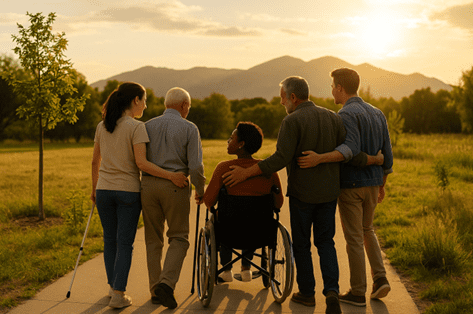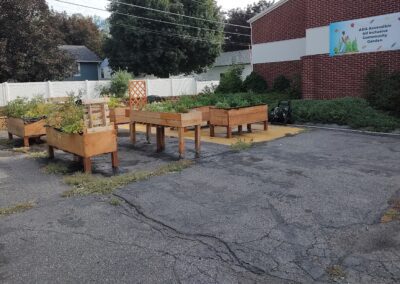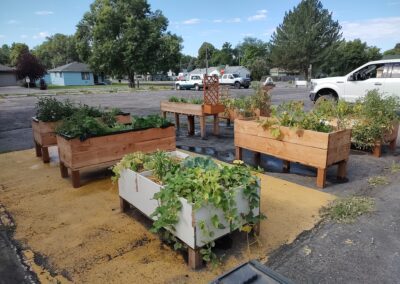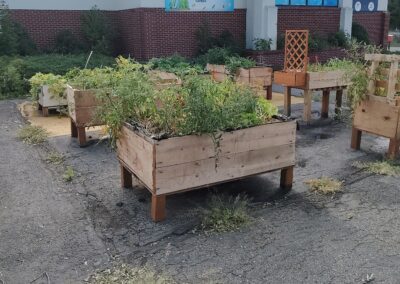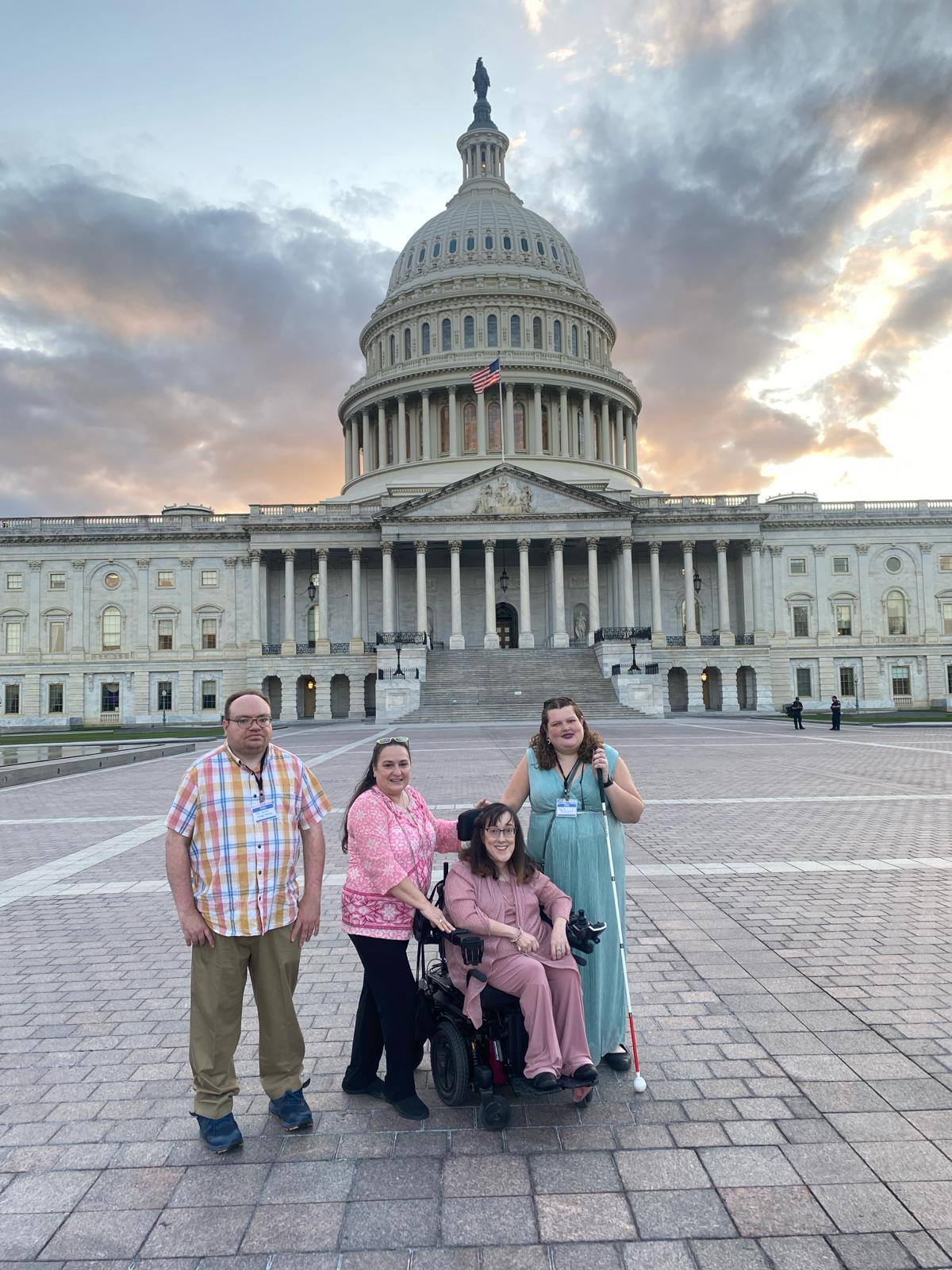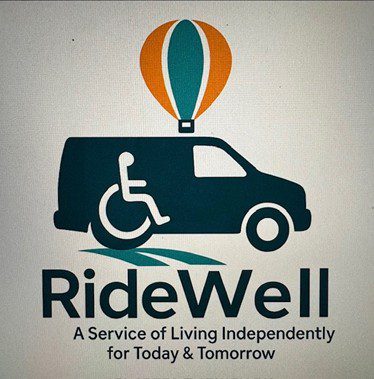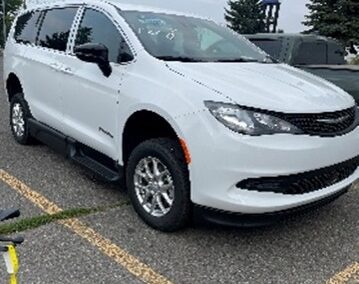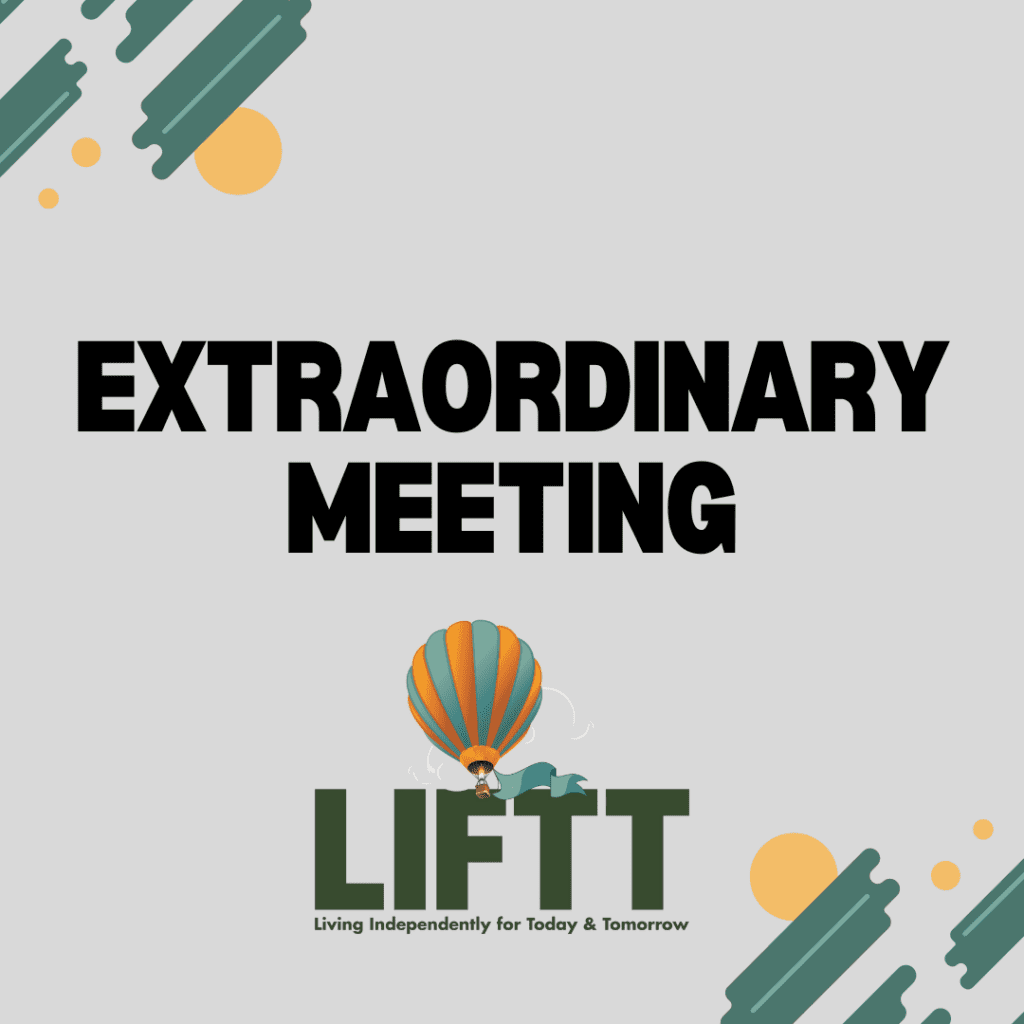
The LIFTT board of directors will hold an extraordinary meeting on Sunday, October 19, 2025, at 8 a.m. at the Billings LIFTT office (1241 Crawford Drive). The public is invited to attend and offer comments during the public comment period.
About Living Independently for Today & Tomorrow (LIFTT): LIFTT is a Montana 501(c)3 corporation organized as a Center for Independent Living (CIL). With team members based in Billings and Glendive, LIFTT provides aging and disabled members of the community with programs and services that help empower them to break down the physical, bureaucratic, and cultural barriers that prevent them from being fully independent participants in their lives and communities throughout 18 counties in southeastern and south-central Montana: Big Horn, Carbon, Carter, Custer, Dawson, Fallon, Garfield, Golden Valley, McCone, Musselshell, Powder River, Prairie, Richland, Rosebud, Stillwater, Treasure, Wibaux, and Yellowstone. For more information, please visit liftt.org or download our mobile app for your Apple or Android Device.
Our Vision: Empowering aging and disabled individuals to LIFTT themselves above the barriers of life.
Our Mission: Living Independently for Today and Tomorrow – LIFTT’s mission is to empower aging and disabled individuals to live independently through education, support, and opportunities.
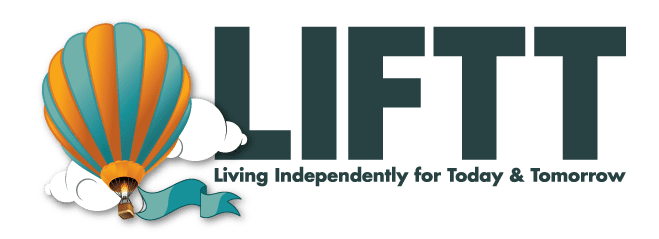
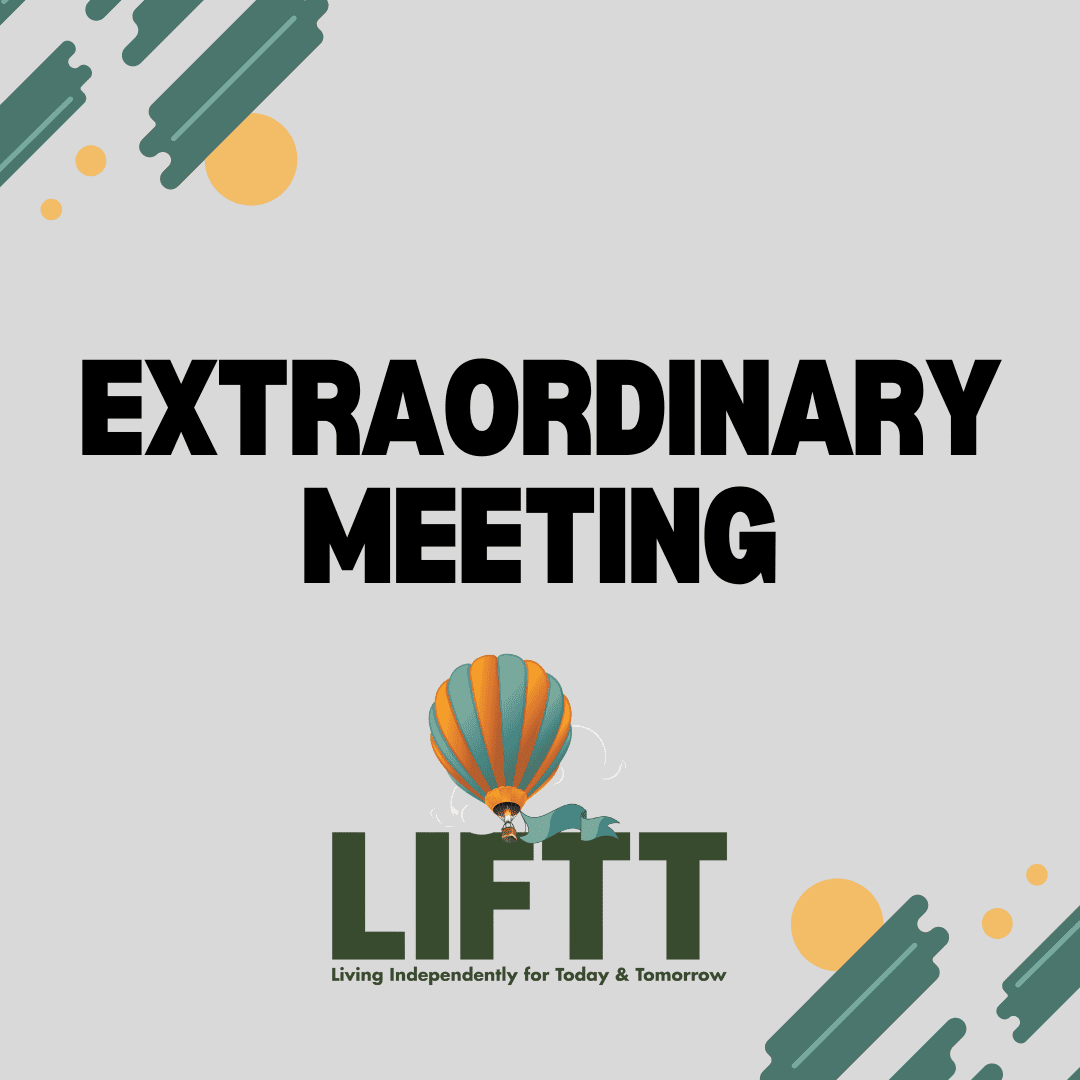
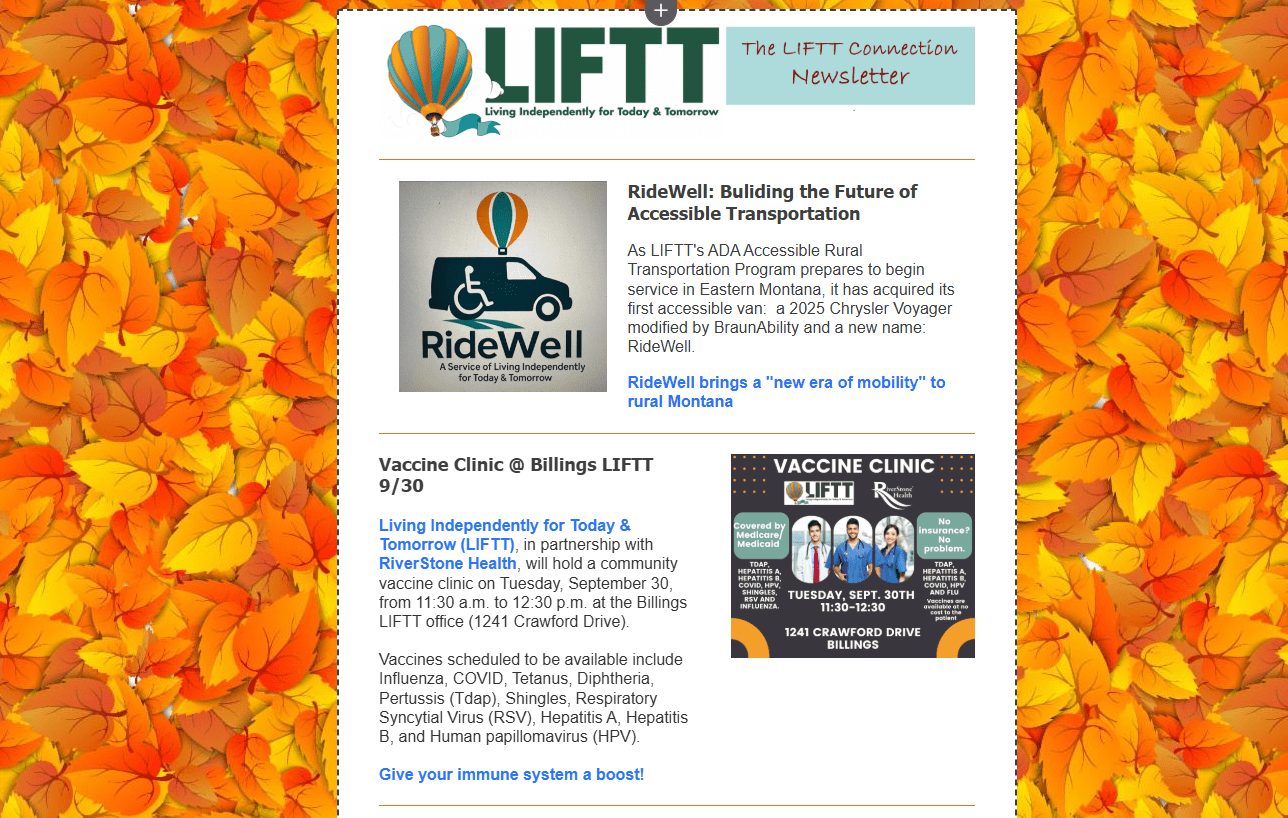

 In this issue of the LIFTT Connection:
In this issue of the LIFTT Connection:

